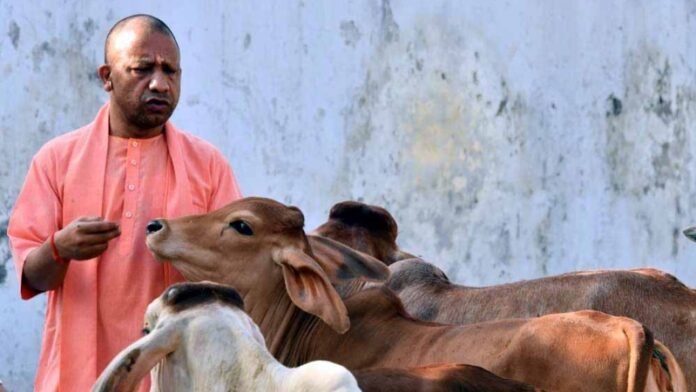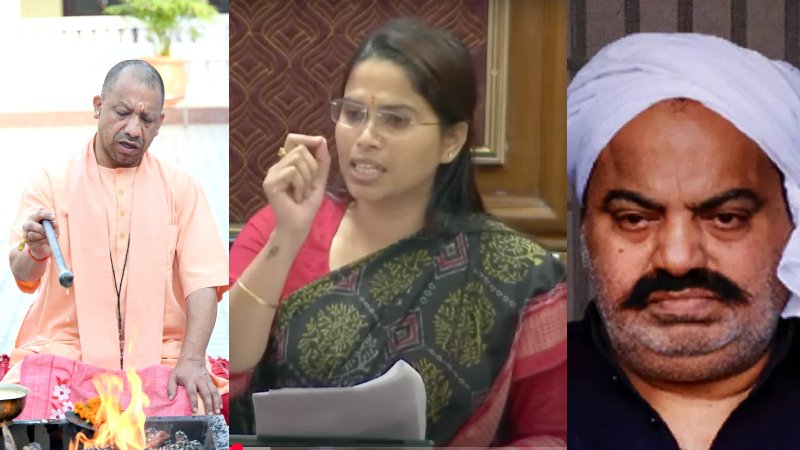The Uttar Pradesh Yogi government has launched a new partnership with Patanjali Yogpeeth to promote cow protection, natural farming, and biogas production. This collaboration will greatly benefit Patanjali cow farmers as it integrates Rural Industry support into the initiative. The initiative, led by Chief Minister Yogi Adityanath, aims to boost the rural economy and create new jobs in villages.
The decision was taken after discussions in Haridwar between Gau Seva Commission Chairman Shyam Bihari Gupta, Yoga Guru Baba Ramdev, and Patanjali Co-Founder Acharya Balkrishna. Patanjali Yogpeeth has promised full technical support to the state. Chief Minister Adityanath said that the “village cow is the foundation of the village’s progress.”
Under the plan, cow shelters will be turned into centres of rural industry. Instead of only conserving cows, these shelters will now produce Panchgavya products, biogas, and natural farming inputs. This will not only put money in the Farmers’ pockets but also help grow the rural economy. Baba Ramdev is expected to visit Uttar Pradesh soon to meet CM Adityanath and finalize the roadmap.
According to Dr Anurag Srivastava, OSD of the Gau Seva Commission, two to ten cow shelters in each of the state’s 75 districts will be developed as large model centres. They will have open sheds, fencing, and security arrangements to ensure better care of cows.
A sustainable growth with a Futuristic Plan
The project is designed to benefit farmers and villagers directly. Villagers will collect cow urine and supply it for making products. They will also help in sales and earn a 50% commission. This will create a steady source of income for rural families. Farmers will also gain access to natural farming products like cow dung manure, neem-based inputs, and vermicompost. These will reduce their input costs and improve soil fertility. Utilizing every product will also lead towards sustainable growth of the state.
Patanjali Yogpeeth will take responsibility for training, product formulation, quality control, and certification. Licensing support will also be provided to make the products market-ready. This will give farmers and rural entrepreneurs confidence that their efforts will reach larger markets.
The government is also adding modern technology to the project. Tools like geo-fencing, cow tagging, and fodder inventory tracking will be introduced. These will ensure better management of cow shelters and improve efficiency.
Officials say the project is futuristic in nature. It combines traditional knowledge of cow-based products with modern technological marketing. It is envisaged to not only improve the rural economy but also make farming more sustainable. Reduction in the use of chemicals and improved soil health will bring long-term benefits for farmers and the environment.
This partnership between the UP government and Patanjali could become a model for other states in linking cow protection with rural development.


